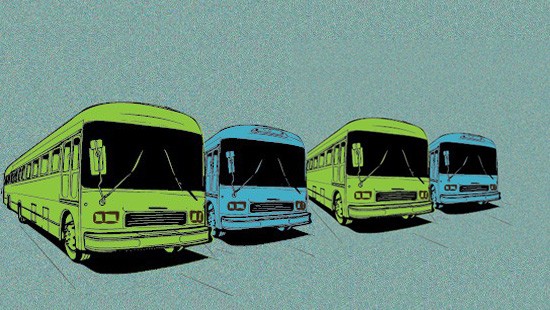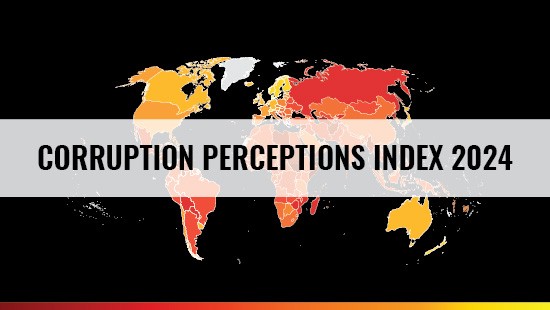Press Release
Dhaka, 19 March 2024: Transparency International Bangladesh (TIB) has strongly criticised the move to amend the Government Servants (Conduct) Rules, 1979, which seeks to eliminate the mandatory asset disclosure requirement for the government officials. The anti-corruption organisation has opined that such a move would provide impunity to around 15 lakh government officials while protecting and encouraging corruption. Expressing deep concern, TIB has stressed the urgent need to step away from the move to amend the rules.
According to media sources, the Ministry of Public Administration has commenced procedures to amend the Government Servants (Conduct) Rules, 1979, with the intention of removing the mandatory requirement of asset disclosure for the public officials. After scrutiny of the Ministry of Law, Justice, and Parliamentary Affairs, the draft amendment is slated for review by the secretary committee on administrative development affairs.
TIB Executive Director (ED) Dr. Iftekharuzzaman has criticised the initiative to eliminate the mandatory asset disclosure provision, warning that it would exacerbate corruption among the government officials. He has said, "The proposed amendment in the Government Servants (Conduct) Rules, 1979 is completely against the government’s election manifesto as well as its zero-tolerance policy against corruption, announced from the top brass. Initially, the rules required yearly asset disclosure, but it was later relaxed to every five years due to the officials' reluctance. Still, compliance in this regard has been poor.”
“Now, eliminating this provision will encourage rampant corruption among the officials and also create ample opportunities for them to accumulate illegal asset. Without their compulsory asset disclosure, corruption within the government will proliferate unchecked, making it harder for the citizens to get due services in the government offices and also derailing the aspiration of ensuring good governance,” he has noted.
The logic of taking asset-related information of the government officers and employees directly from annual income tax returns, filed with the National Board of Revenue (NBR), is practically meaningless. According to the Income Tax Act, 2023, such practice is not possible. As per its sections 309(2) and 309(3), no authority can order any public servant to present, testify or produce as evidence any tax returns, accounts or documents under this Act. It means that the Anti-Corruption Commission (ACC) cannot access the income tax returns of any person, accused of corruption or accumulation of assets disproportionate to legitimate income, without a court order. As a result, instead of facing accountability, the corrupt employees would get new protection through the proposed amendment.
The United Nations Convention Against Corruption (UNCAC), adopted in 2003, called for annual submission and review of assets of all public servants and people’s representatives. The commitment was reiterated through the country’s National Integrity Strategy, 2012. In this situation, Bangladesh's anti-corruption commitment would face another round of questions, nationally and internationally, following this amendment, the TIB ED has mentioned.
“Bangladesh is a signatory country of UNCAC. But, undertaking such an initiative to amend rules for the government employees is totally in conflict with the standard global practice and basic anti-corruption principles of UNCAC. Similarly, the National Integrity Strategy, 2012, in whose formulation the government officials played a key role, will also be trampled. We urge all concerned to renounce such a suicidal initiative for the sake of protecting corruption of the dishonest government officials and providing them impunity,” Dr. Zaman has concluded.
Media Contact:
Mohammad Tauhidul Islam
Director, Outreach and Communication
Mobile: 01713107868
Email: tauhidul@ti-bangladesh.org







